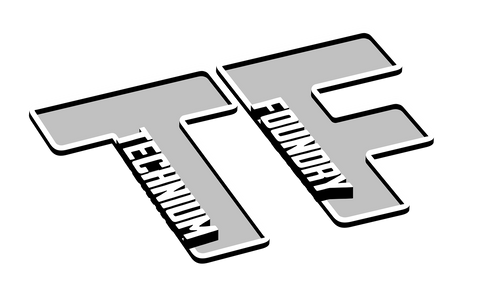In the rapidly evolving landscape of artificial intelligence, one skill stands out as the key to unlocking its full potential: prompt engineering. As AI systems, particularly large language models (LLMs), become increasingly sophisticated, the ability to craft effective prompts has emerged as a critical competency for anyone seeking to harness the power of these transformative technologies.
The Rise of Prompt Engineering
Prompt engineering is the art of formulating the right questions, instructions, or contextual information to elicit the desired response from an AI system. It's a skill that transcends the boundaries of specific AI models or applications, as it is fundamental to how these systems process and generate information.
As AI models have become more capable, the importance of prompt engineering has grown exponentially. These models are not simply databases of information to be queried; they are complex, generative systems that can produce a wide range of outputs based on the prompts they receive. Mastering the art of prompt engineering is akin to learning a new language, one that allows you to communicate effectively with these AI assistants and unlock their full potential.
The Power of Prompt Engineering
The power of prompt engineering lies in its ability to shape the behavior and output of AI systems. By crafting prompts that are precise, contextual, and tailored to the task at hand, users can guide these models to produce results that are more accurate, relevant, and aligned with their specific needs.
Consider the following examples:
- Coding and Cybersecurity: A prompt like "Write a Python script to detect and mitigate SQL injection attacks" will elicit a very different response from an AI model than a prompt like "Explain the fundamentals of SQL injection and how to prevent it." The former requires the model to generate executable code, while the latter calls for a more explanatory, educational response.
- Energy and Sustainability: A prompt like "Propose a plan to reduce the carbon footprint of a small manufacturing facility by 30% within the next 5 years" will generate a more targeted and actionable response than a generic prompt like "Discuss ways to improve energy efficiency in industrial settings."
- Alignment and Ethics: Prompts that explicitly address the ethical implications of AI, such as "Outline the key principles of AI alignment and how they can be applied to ensure AI systems are safe and beneficial to humanity," will help guide the model to produce responses that are more aligned with human values and concerns.
In each of these examples, the specific wording and framing of the prompt can have a significant impact on the quality, relevance, and usefulness of the AI's output. Mastering prompt engineering is, therefore, a crucial skill for anyone seeking to leverage the power of AI in their personal or professional endeavors.
The Art of Prompt Engineering
Effective prompt engineering is not a simple task; it requires a deep understanding of the capabilities and limitations of the AI models being used, as well as a keen awareness of the desired outcomes and the context in which the AI will be deployed.
Some key principles of prompt engineering include:
- Clarity and Specificity: Prompts should be clear, concise, and unambiguous, providing the AI model with a precise understanding of what is being asked.
- Contextual Awareness: Prompts should incorporate relevant contextual information, such as the task at hand, the target audience, or the desired tone and style of the output.
- Iterative Refinement: Prompt engineering is an iterative process, often requiring multiple rounds of refinement and testing to achieve the desired results.
- Flexibility and Adaptability: As AI models continue to evolve, prompt engineers must be willing to adapt their approaches and experiment with new techniques to stay ahead of the curve.
- Ethical Considerations: Prompt engineers must be mindful of the potential ethical implications of their work, ensuring that the AI's outputs are aligned with human values and do not cause harm.
The Future of Prompt Engineering
As AI systems become more advanced and ubiquitous, the importance of prompt engineering will only continue to grow. In the years to come, we can expect to see the emergence of specialized prompt engineering tools, communities, and even formal training programs to help individuals and organizations harness the power of these transformative technologies.
Moreover, the skills acquired through prompt engineering will be increasingly valuable across a wide range of industries and applications, from software development and cybersecurity to energy optimization and scientific research. By mastering the art of prompt engineering, individuals can position themselves at the forefront of the AI revolution, driving innovation and creating a more sustainable, secure, and equitable future.
Conclusion
In the age of AI, the ability to craft effective prompts has emerged as a critical skill for anyone seeking to leverage the power of these transformative technologies. By understanding the principles of prompt engineering and applying them with creativity and diligence, individuals can unlock the full potential of AI, driving innovation and creating a better future for all.
Whether you're a software engineer, a sustainability expert, or a cybersecurity professional, investing in the development of your prompt engineering skills can open up a world of possibilities. So, embrace the challenge, experiment with new techniques, and become a master of the art of prompt engineering – the key to unlocking the true potential of AI.















